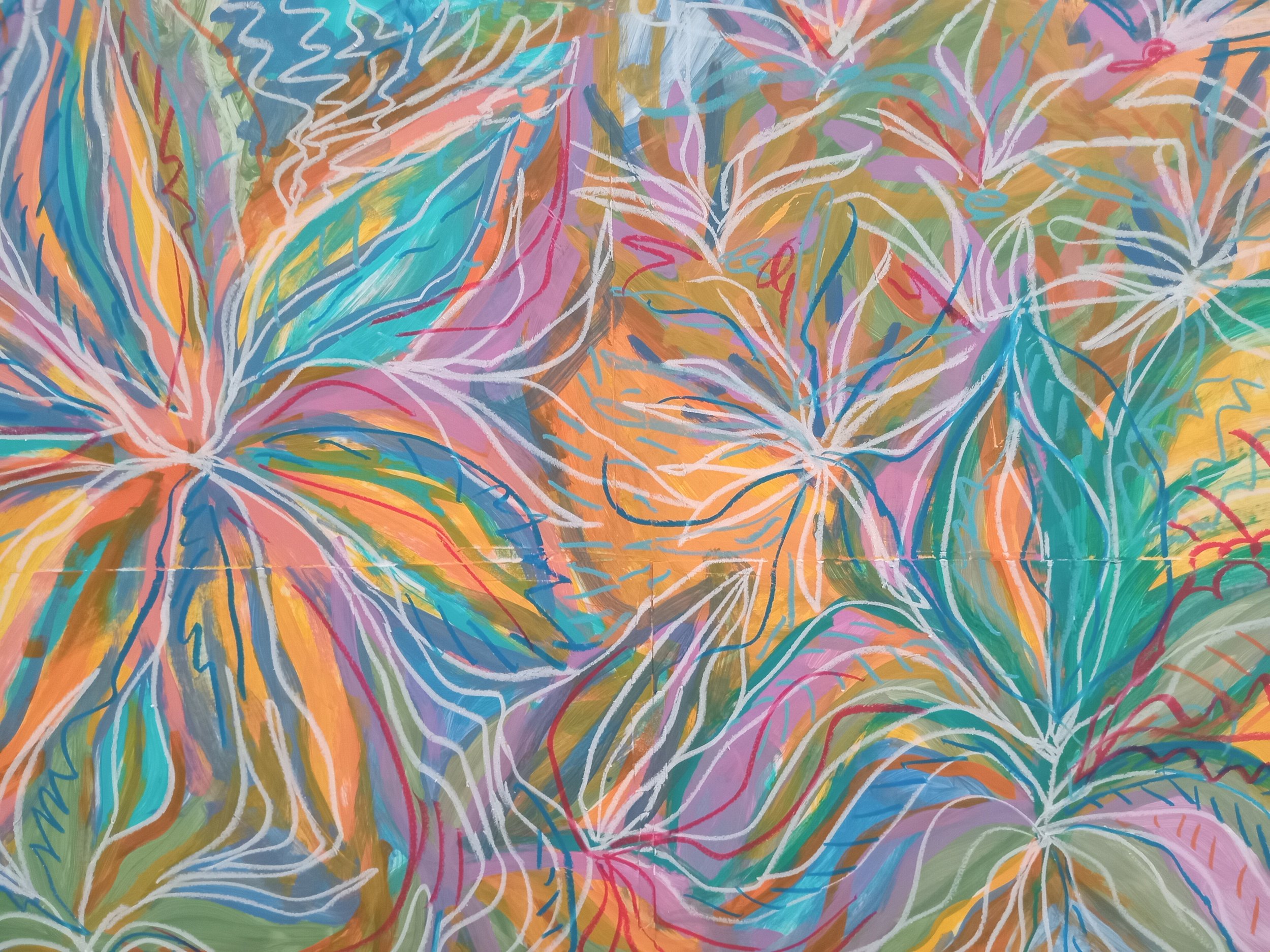
Art Therapy
This page has a bit about Art Therapy services with me, and what informs my practice/ways of working. For more detailed information about educational background and previous work see CV tab (above).
N.B. I work with humans of all ages and intersectional identities.
For transparency
Areas of Experience
Multi-modal expression, creative practice
Communication accessibility
Neurodivergence (ASD, ADHD, giftedness, ABI, stroke, complex PTSD, schizophrenia)
LGBTQIA+ identity exploration, processing, family support
Chronic pain and illness (EDS, POTS, Endometriosis, PMDD)
Working with the system and community around a child or young person
Slow pace of working (by capitalist standards)
Qualitative research, listening and documenting stories
Stroke research and care, processing grief and changes in relationships post-stroke or ABI
Mental health access for people with aphasia
Asking questions, being curious
Finding patterns in processes
What informs my practice
Creativity, creative process, imagination, curiousity
Anti-racist, anti-oppressive, decolonial perspectives
Trauma-informed approaches
Culturally responsive care
Not knowing and being open to learning
Making mistakes and repair
Neurodiversity model
Neuroqueer theory
Disability justice frameworks
Feminist theory
Lived/living experience of neurodivergence and chronic illness
Relationships to water and land, specifically Wurundjeri land in Naarm
Hope and possibility and softness
Translanguaging - bi- and multi-lingual ways of processing and drawing on the different languages that we know/are learning
Services
-
Art Therapy
Art Therapy uses creative processes to explore and express things that might be hard to articulate in words e.g. grief, trauma.
Sessions are led by your curiousities, interests, and needs. Talking is also okay if you prefer words. Storytelling, poetry, metaphors, language can be very creative! There are no rules!
It’s about us exploring together and experimenting with different materials and ways of doing something, practicing being comfortable not knowing what comes next, opening up new possibilities of ways to look at a situation, learning to listen to what your body wants to explore, understanding your emotions in other modalities e.g. paint, clay, collage, sand, flower petals, scrunches of paper…literally anything!
-
Neurodivergent Mental Health Support
For teens and adults who want some specific support around autistic burnout, unmasking, late-identified identity and connection to self, embracing what communication styles feel authentic and natural to you, and learning about your brain using creative processes.
-
Family & Systems Support
Family and Carer support for parents and carers of neurodivergent and/or disabled kids and young people.
Sessions might look like a phone call or telehealth once a month (or as needed) while I also do art therapy sessions with your child. This is something we figure out together based on what your needs are and how they change while we are working together.
This is a non-judgemental space for us to reflect together on how you are going, what you might need to resource yourself or your family differently, unpacking ableism and systemic structures that are causing you, your child or your family harm, learning about what’s new and changing in your family, supporting you to understand your child’s needs from different perspectives.
-
Communication & relationship support after Stroke/ABI
Support for people with aphasia and/or their family, partner, adult children to understand acquired disability and changes to communication and relationships after stroke or ABI.
This work draws on both an art therapy approach and my previous work as a speech pathology researcher in aphasia and stroke research. Adjusting to life after stroke/ABI can be a massive psychological adjustment, and there can be lots of grief and change in family systems while adapting to new daily life, relationships, different ways of communicating, post-stroke identity.
Sessions can be in-person or telehealth, and can include partners, family members or friends.